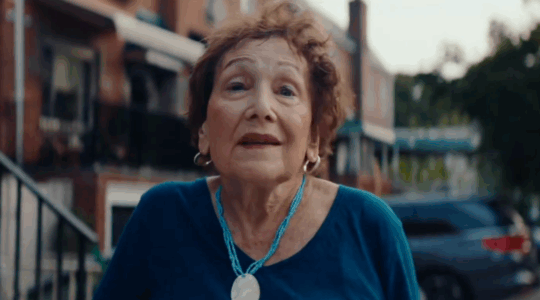On Sept. 5, 1972, "Wide World of Sports" anchor Jim McKay was summoned from a leisurely swim to ABC Olympic headquarters to cover a hostage crisis. When he returned to his hotel the next morning, McKay noticed he was still wearing his bathing suit beneath his pants. It was an ironic reminder that the world was not as he’d left it before anchoring one of the first live broadcasts of terrorism.
[[READMORE]]
From the time the Twin Towers were hit until the time they fell, the world clung to information from TV news anchors. As the nation gears up for the tenth anniversary of Sept. 11, the reflections of those who covered the 1972 Munich Olympics massacre — which came to a grizzly conclusion Sept. 6 — offer a unique look at one of the first acts of terrorism caught on TV.
McKay confirmed the tragic death of the eleven Israelis shortly after 3:24 am on Sept. 6, 1972:
When I was a kid, my father used to say "Our greatest hopes and our worst fears are seldom realized." Our worst fears have been realized tonight. They’ve now said that there were eleven hostages. Two were killed in their rooms yesterday morning, nine were killed at the airport tonight. They’re all gone.
Behind the scenes, ABC Sports executive Roone Arledge had controlled the mood of the global TV audience for several hours by coaching his news team through the events. Following Arledge’s death in 2002, the ABC sports crew spoke about his leadership on that pivotal day in broadcast history:
[Don] Ohlmeyer: I so admired Roone that day, knowing I was watching a real leader. The message Roone kept delivering to us all day was that we had to be really careful about what we did because David Berger’s parents [Berger was a member of the Israeli weightlifting team] were watching in Cleveland, and this was their only connection to their son. This was before cable news. We were the only ones who had the story.
McKay: Roone had the word first that all the hostages had been killed, and he told me. But he said, ”You can’t say it on the air until it’s confirmed.” He kept me going on the air for 16 hours straight that day. When everything double-checked, he finally said, ”O.K., Jim, you can go with it.” All I said was, They’re all gone.”
The attack perpetrated by the PLO-backed Black September group had a lasting effect on viewers. "Kids and adults alike they remember it to this day," said McKay in a 1998 interview with Jerry Sandusky. "More vividly than so many events in our history. Maybe part of the reason was that we weren’t used to terrorism at the time; this was something that just came out of the blue. Also the fact that it was at the scene of the holy of holies of sport: the Olympic games, and the Olympic village itself."
For those too young to remember Munich, JFK’s assasination, or Oklahoma City, Sept. 11 marked the first moment in national history that began, "I remember where I was when…" After the Salt Lake City Olympics, McKay shared his 9/11 moment with ESPN:
"Turn on your TV."
They were words millions of people across the country and around the world heard Sept. 11.
While others stared in horror, their minds blank as the unbelievable and unbearable sites in New York City and Washington, D.C., unfolded before their eyes, Jim McKay immediately thought back to an eerily similar day 29 years before.
"My first thought, at that instant, was of Munich."
Unlike others who watched Sept. 11 unfold on TV, Jim McKay set the stage for how it would be narrated.
JTA has documented Jewish history in real-time for over a century. Keep our journalism strong by joining us in supporting independent, award-winning reporting.






